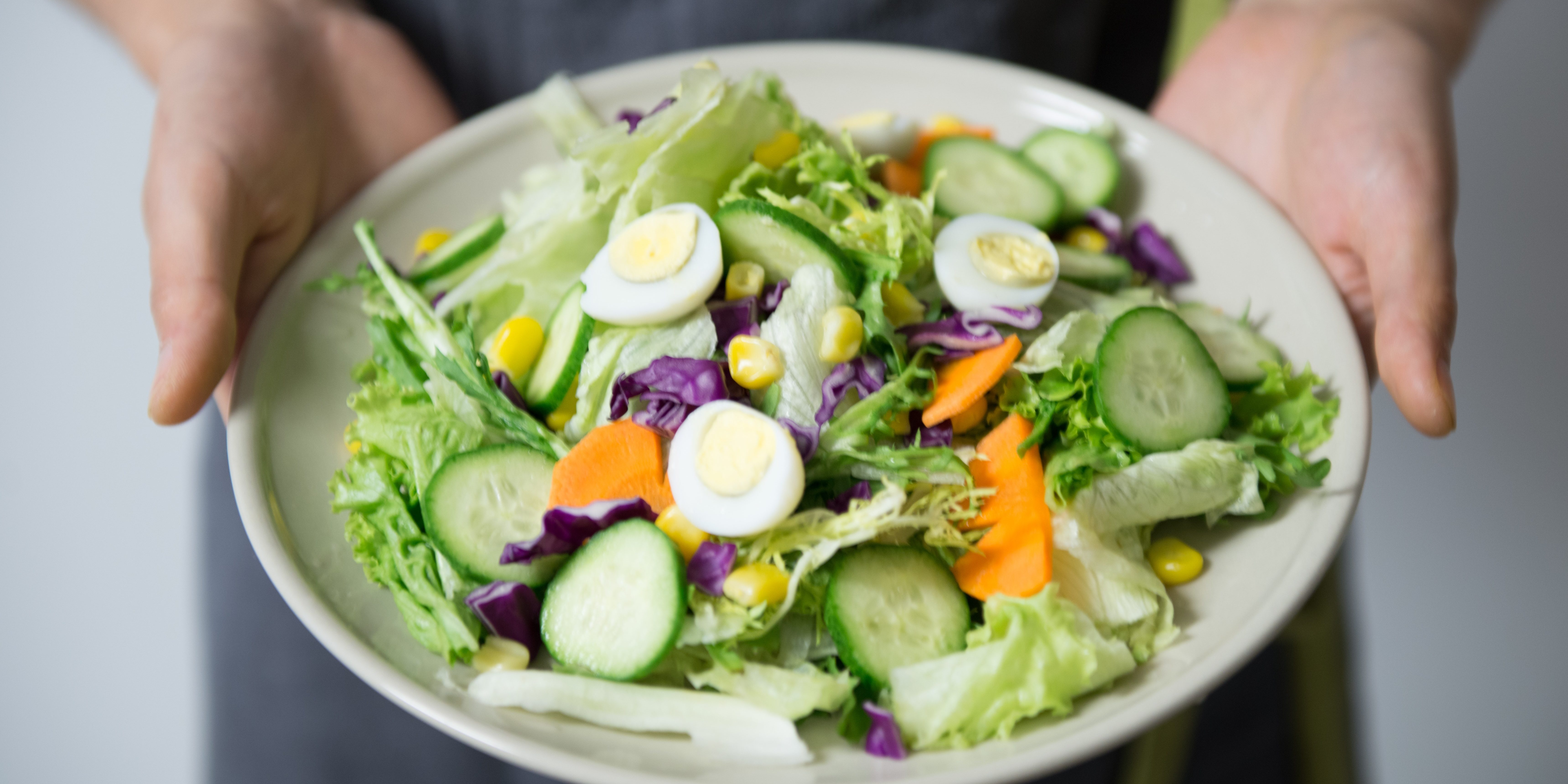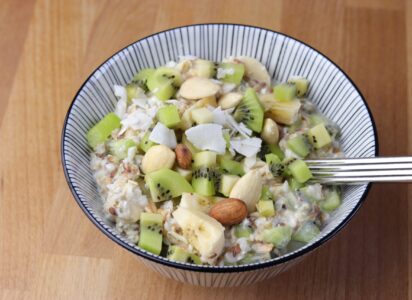Richard Williams, owner of our Anytime Fitness Woking club has been following a Ketogenic diet this year and we asked him to share how he’s getting on and why the Keto diet could help many people improve their gut health.
This is what he told us…

What is the Keto diet?
Before I share my experience with Keto, here is a simple explanation of how it works. “A keto diet is well known for being a low carb diet, where the body produces ketones in the liver to be used as energy. It’s referred to as many different names – ketogenic diet, low carb diet, low carb high fat (LCHF), etc. When you eat something high in carbs, your body will produce glucose and insulin.” (ref perfectketo.com)
Why am I trying this drastic diet?
Why would anyone want to give up CARBS? Why am I putting myself through this gruelling diet? I’ve asked myself these questions but decided to give it a go.
All my 20´s I have battled with stomach problems, ranging from heart burn right through to stomach pain (due to intolerances). When will this stop? Medication, eradication, diet control, you name it I have done it.
I’d heard about the Ketogenic diet and thought it sounded like something that could help me so I set myself a challenge to follow it for 29 days.
At six days in I can honestly say my belly had never been better! I am eating 2,500-3000 calories a day and feeling absolutely fine energy wise.
Is this sustainable? I honestly do not know, but what I do know, is it is having a profound effect on my gut health.
The challenges and side effects
When I reached 10 Days in I hit a wall when I had a fairly bad allergic reaction which made my eyes swell up, become red and itchy. I have decided to continue but, take out coconut milk due to a decision on what I believe could be the cause.
The ketogenic diet is predominantly known by the majority for its superior effects on weight loss. This is absolutely true. However, you will achieve this through most diets with a simple calorie defecit and basic exercise.
Ketosis is achieved by not only reducing your carb intake to 20g a day but only having them via non-starchy carbs. I am quickly learning that protein needs to be low too (Glucogenesis was stopping me from getting into ketosis) and fats are to be 75-80% of your daily caloric intake (healthy ones obviously)
My summary
The ketogenic diet is extremely difficult, but one that has a place as the health benefits are astonishing:
- Prevention of:
- Alzheimers
- Dimentia
- Cancer
- It lowers cholesterol (even by ramping up your fats)
- It can speed up body fat loss by turning you into a body fat burning machine!
- They also say it can improve your brain cognitive functioning (however I am still waiting for that to happen!!!)
Thank you Richard for sharing this fascinating diet journey. We hope to find out what more when Richard completes his 29 day challenge. Will he continue? keep some changes or return to his normal diet? You can find out more about Anytime Fitness and Richard on the club’s website here:
https://www.instagram.com/anytimefitnesswoking/
Medical advice:
Please always speak to your doctor or nutritionist of dietician before embarking on a drastic diet change like this. If you’re going to try it, seek medical advice and do not cut out major food groups without first identifying that you will be covering the key essential nutritional elements of a healthy diet e.g. protein, fibre, vitamins and minerals.






